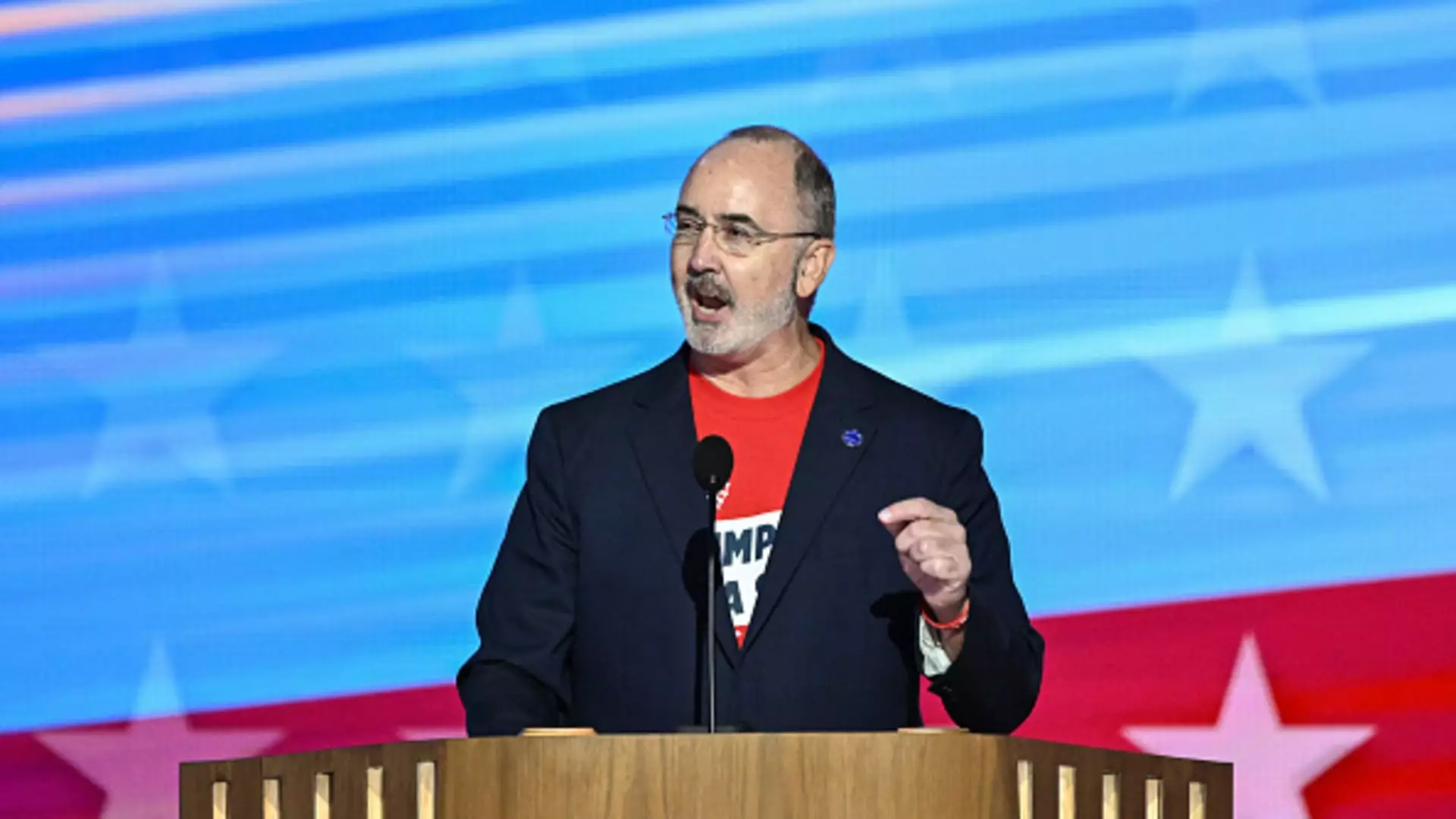In a notable development, the United Auto Workers (UAW) union has escalated its conflict with Stellantis by filing unfair labor practice charges at the federal level. This move reflects ongoing frustrations within the union over perceived violations of contract terms, specifically concerning the production of the Dodge Durango. The filings come on the heels of wider unrest regarding Stellantis’s operational strategies, including significant production cuts and workforce layoffs, which have been contentious since the parties negotiated a new contract just last year.
UAW President Shawn Fain underscored the union’s intense commitment to uphold the hard-won agreements from the 2023 contract. This contract included a promising commitment from Stellantis to revitalize the idled Belvidere, Illinois assembly plant and to centralize Durango production in Detroit. Such commitments were seen as steps toward securing job stability and investment in American manufacturing. However, current developments suggest significant backtracking on these promises by Stellantis.
Fain’s statement emphasizes the union’s resolve to ensure that Stellantis abides by its contractual obligations. The union’s approach appears to shift from negotiation to confrontation, as they prepare for potential industrial action. The UAW firmly believes that the recent actions taken by the automaker constitute a breach of their agreement, thereby justifying their legal protest. It posits not only about the physical relocation of production but also raises concerns about corporate transparency and commitment to American workers.
Stellantis, facing mounting scrutiny, has publicly refuted the union’s claims, maintaining that they have adhered to the stipulations of their collective bargaining agreement. The company’s insistence on compliance inherently questions the credibility of the UAW’s accusations. Meanwhile, Stellantis has postponed reviving the Belvidere plant, further navigating the tumultuous waters of labor relations amid growing criticism.
The UAW’s situation is exacerbated by a catalogue of grievances filed by various local chapters, which reflect widespread dissatisfaction among union members spanning thousands. These grievances highlight not only the alleged relocation of Durango production but also broader anxieties over Stellantis’s business decisions and their impact on job security. While the specific details regarding the potential move of Durango production remain vague, reports suggest it may involve a shift to a facility in Ontario, Canada.
Adding to the complexities, Stellantis has reportedly resisted providing essential information to the UAW concerning its production and investment plans. The National Labor Relations Board’s validation of the UAW’s filings emphasizes the seriousness of the situation, indicating that disputes within this labor agreement are not isolated incidents but part of a broader pattern of contention across the American auto industry.
The UAW currently grapples with over 24 open grievances against Stellantis, a striking reflection of the growing rift between labor and corporate management in the automotive sector. As the union prepares to champion its rights, the future of labor relations remains uncertain. The unfolding conflict serves not only as a wake-up call for Stellantis but potentially for other automakers navigating similar tensions with labor forces. The coming months may prove critical, as both sides may need to reassess their strategies in pursuit of a resolution that honors the commitments made while ensuring stability in an industry facing unprecedented change.


Leave a Reply